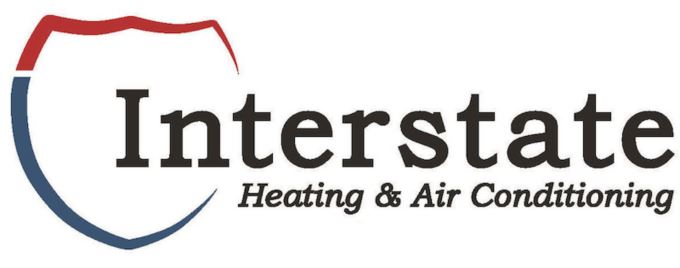
We can all benefit from saving a few bucks here and there. An easy way to do so is by improving energy efficiency around your home. Upgrading your HVAC system or putting in a smart thermostat, for example, gives you more control over your HVAC equipment, contributing to a more energy-efficient home and savings on your monthly energy bills.
Continue below to learn more about 4 ways you can make energy-efficient home changes.
1. Use Smart Home Products Like a Smart Thermostat
If you still use a round-dial thermostat and adjust it manually, think about taking a step toward the future by installing a smart, or Wi-Fi, thermostat – which includes a number of features to make your home more energy efficient.
The function homeowners enjoy the most is having the ability to access their smart thermostats from wherever through their smartphone or other smart device. For example, if you forget to use your thermostat before going on vacation, you can simply use your smartphone and make the necessary adjustment.
Just like a programmable thermostat, a smart thermostat allows you to set up a schedule for your home’s temperature determined by the time of day and day of the week so you’re not heating or cooling an empty house. Smart thermostats also feature the ability to watch your temperature preferences over time and automatically make energy-efficient corrections. They also generate monthly energy reports that show how much energy you are using and when so you can make modifications to reduce costs.
If you’re wanting to know how to obtain a free smart thermostat, talk to your utility company to find out if there are any discounts or free smart thermostats available.
2. Regularly Scheduled Tune-Ups for Your HVAC System
Unfortunately, some homeowners often forget about having their heating and cooling systems maintained. While this may not seem like a huge deal, a lack of maintenance will sometimes produce a number of issues, including inefficiency, breakdowns, and a shorter system lifespan.
During an HVAC maintenance service, the technician should inspect your HVAC system, clean key components, and identify minor flaws before they lead to bigger, more expensive repair issues. Maintenance can keep HVAC systems functioning at optimal condition, which means less energy is needed to heat and cool your home. This could also help with your energy bills, prolong the lifespan of HVAC equipment, and lead to fewer repairs.
We encourage two HVAC tune ups annually – once in the spring before summer and one during the fall before the arrival of frigid weather.
3. Upgrading Your Aging, Inefficient HVAC Equipment
Annoyingly, like any appliance, HVAC systems can't run forever and inevitably need to be replaced. New heaters and cooling products are much more effective than models produced just over a decade ago. Fortunately, helpful HVAC companies like Interstate Heating & Air Conditioning can offer professional services such as furnace installation in Omaha.
Well-maintained furnaces and air conditioners can run for around 15-20 years. If the equipment is within that timeframe, it might be a good idea to replace them now to minimize the risk of premature breakdowns that can leave you cold and uncomfortable on a cold winter night. If your system is around 15 years old and needs an expensive repair, it’s usually time to replace the unit. Per the U.S. Department of Energy, installing a new HVAC system could save you about 20-40% on your monthly energy bills, so you’ll get back some of the costs of buying a new system.
A professional heating and cooling technician can help you determine the most energy efficient HVAC system available. As a general rule of thumb, seek out HVAC systems that are Energy Star certified, indicating the equipment fulfills strict guidelines set forth by the U.S. Environmental Protection Agency. LENNOX HVAC systems are some of the most efficient systems on the market, boasting both high AFUE and SEER ratings. AFUE is used for heating systems and illustrates how well they convert fuel to heat. SEER, meanwhile, is used to measure the energy efficiency of cooling equipment.
Contact a reputable HVAC provider like Interstate Heating & Air Conditioning for air conditioning installation in Omaha.
4. Look for Energy-Efficient Air Filters
When you’re shopping for new HVAC filters, consider that not all air filters are capable of providing the same results. Some air filters are far more effective than others, resulting in lower energy bills and a clean home.
The efficiency of HVAC air filters is rated by their Minimum Efficiency Reporting Value, or MERV rating. The MERV scale ranges from 1-20; the higher the number, the more efficient the filters are. It’s relevant to note, however, that high-efficiency air filters can sometimes impede airflow too much depending on the type of HVAC system you own. It’s beneficial to study the owner’s manual before purchasing a filter to find the best option for your system.
